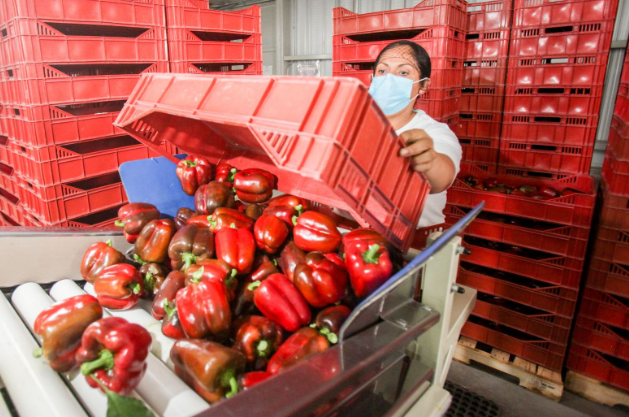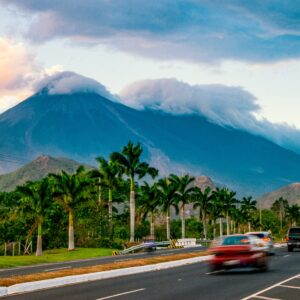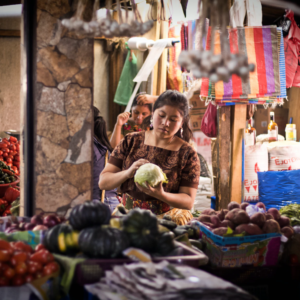Ensuring a sustainable food supply for the rapidly growing world population is a major challenge. Food production is one of the key areas requiring action, along with issues of food consumption, nutrition and food security.It is estimated that in 2050 the world population will reach 9.1 billion (34% more than today).
Food production will need to increase by 70% to feed the largest and probably most urban population. More food will have to be produced using less land. In addition, water and energy will become limiting factors.Added to the challenge is that sustainable food products must be nutrient-dense to allow people to have a diverse diet that contains a balanced and adequate combination of energy and nutrients to maintain good health.
What is sustainable food production?
Sustainable food production is “a production method that uses processes and systems that are non-polluting, conserve non-renewable energy and natural resources, are economically efficient, are safe for workers, communities and consumers, and do not compromise the needs of future generations,” says Juan José Gutiérrez Mayorga.
Environmental impact of food production.
Global food production methods must change to minimize the impact on the environment and support the global capacity to produce food in the future. Like other human-made activities, food production contributes to climate change, water scarcity, soil degradation and the destruction of biodiversity.It is estimated that 25% of total global greenhouse gas emissions are directly caused by agricultural and animal production and forestry.
The agricultural and livestock sectors use 70% of freshwater resources and, together with forestry, occupy 60% of the planet’s land surface.The level of environmental impact of food production relates to where and how food is produced and the local availability of natural resources, such as water and soil. Often, there are trade-offs between environmental factors and, to date, there is no simple set of principles for determining whether one food product is more environmentally sustainable than another.
Actions to make food production more sustainable
The European Commission is assessing how best to reduce the environmental impact of food production and limit waste along the food supply chain. By 2020 it aims to reduce resource inputs from the food chain by 20%, through incentives for more sustainable food production and consumption.Progress towards this goal can be made immediately with current technologies and knowledge. Actions to make the food production more sustainable, as identified by the European Commission and in food business sustainability plans, include:
- Use natural resources efficiently
- Reduce the use of fossil fuels and optimize the use of water in production.
- Optimize land use and reduce land conversion for agriculture.
- Design energy- and water-efficient food manufacturing sites.
- Protect the quality of natural resources.
- Proper use of fertilizers and pesticides to avoid contamination of soils and waterways.
- Reduce greenhouse gas emissions to help maintain air quality.
- Reverse soil loss and restore organic matter content in soils.
- Increase biodiversity through agricultural practices that safeguard land, water and energy resources, and wetland and forest areas.
- Protecting marine resources




